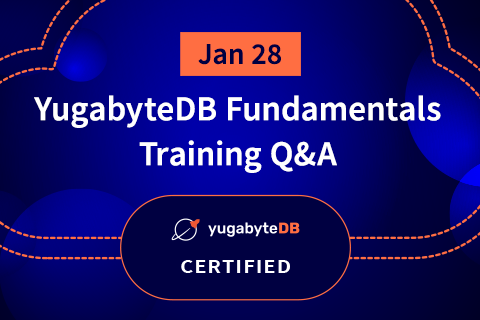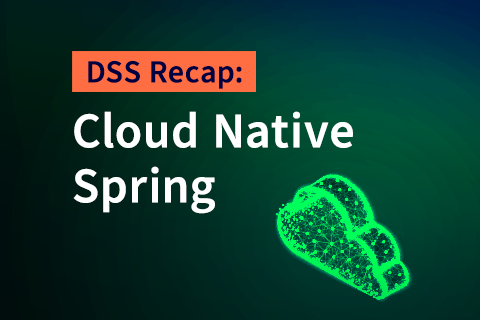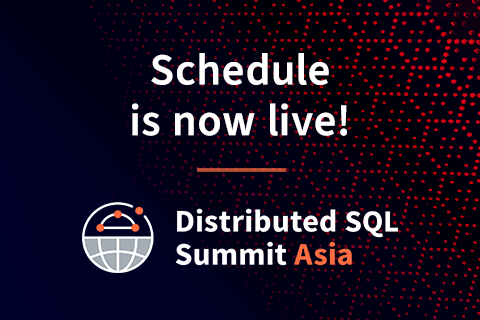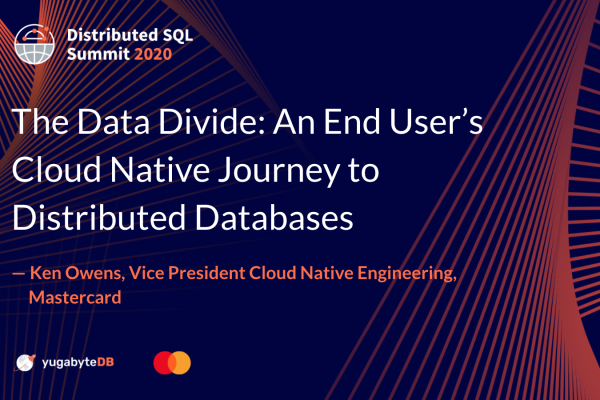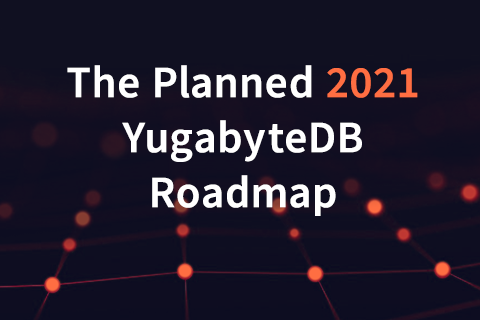YugabyteDB Fundamentals Training Q&A – Jan 28, 2021
Yesterday we had almost 200 folks show up for the latest “YugabyteDB Fundamentals and Certification” training session. We had a lot of questions during the session and weren’t able to get to them all! In this blog I have compiled the majority of them and provided answers in a simple Q&A format.
Missed yesterday’s training? You can catch our next training session, “YugabyteDB YSQL Development and Certification and Training” on Feb 25 by registering here.
…
